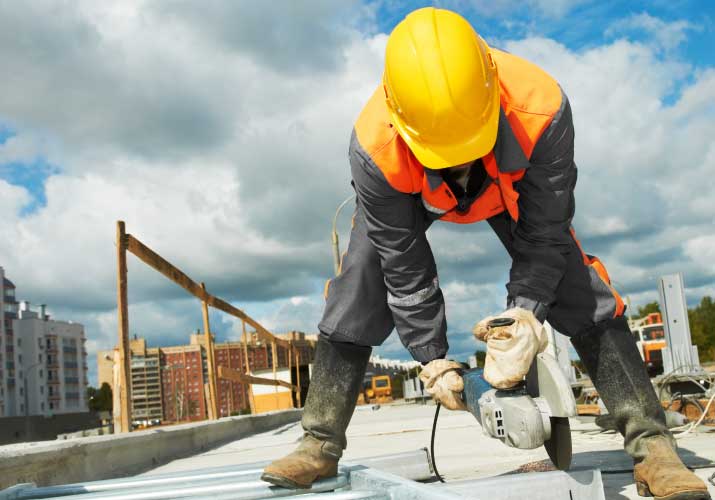Construction workers are a vulnerable group as they are faced with the elevated risk of COVID-19 virus exposure in close-knit and unhygienic worksite conditions. They also need to keep the construction jobs to support themselves and their families as they are majorly casual labourers and self-employed.
While some construction projects in the country will inevitably shut down their operations due to safety concerns and supply chain disruptions, some will continue with construction activities. In such sites, the contractors in charge should prioritize the health and safety of their workforce by strictly adhering to the Ministry of Health’s recommendation on social distancing as well as maintaining high safety standards. This will minimize transmission of the COVID-19 infection between workers on their sites and to third parties off the site.
Also Read: Effects of COVID-19 (Corona Virus) on the construction industry
The following is a number of onsite Health and Safety Management measures during the COVID-19 Pandemic
- Each construction site shall have an occupational health and safety officer/or a person in charge of the site sensitized on COVID-19(names to be submitted to the respective NCA regional offices). Contractors to create awareness amongst their site workers on COVID-19 and minimize chances of stigmatization and all construction works to be registered with National Construction Authority through the online platform (https://nca.go.ke/developers/project-registration/).
- Body temperatures of construction workers and any other personnel visiting the site should be taken on arrival at the construction site and when they leave for home using non-contact infrared thermometer.
- Contractors are to employ administrative controls to aid in site worker separation and reducing people density through rotating shifts, separating trades/crews by piecework and other scheduled alternatives in line with the stipulated working hours by the Government of Kenya. For larger projects, separate entry/exit gates may be required.
- Anyone who has a fever or flu-like symptoms, is vulnerable (by virtue of their age or underlying health conditions) or is living with someone in self-isolation should not be allowed access to site. If a construction worker develops a fever or flu-like symptoms while at work, they should be advised accordingly, return home immediately and follow the Ministry of Health’s guidelines on self-isolation. The worker should not return to work until their period of self-isolation has been completed and upon clearance by a medical doctor from a government Institution.
- Sites entry systems that require skin contact, such as fingerprint scanners should be removed. Work requiring skin to skin between workers contact should not be carried out. Sites should not be accessed by non-essential visitors/persons.
- In addition to the normal construction site personal protective equipment (PPE) meant to protect the workers from hazards and dangers on the site, construction workers should be provided with facemasks and long-sleeved aprons for protection against COVID-19 infection from contaminated surfaces. Re-usable PPE should not be shared between workers and should be thoroughly cleaned after use. Disposable PPE should be disposed properly so that it cannot be reused. All equipment, plants and tools must be sanitized at the start of works twice daily, in the morning and at closure of site.
- Hand cleaning facilities should be provided at site entrances and exits. These should have soap and clean running water wherever possible or alcohol-based hand sanitizer if clean running water is not available. All workers should wash or sanitize their hands severally and before entering or leaving the site.
- Site cleaning regime should be increased and enhanced. Communal areas, toolboxes and machinery and common contact surfaces should be cleaned and disinfected regularly.
- Mobile money/online banks transfer systems for payment of wages and salaries is highly encouraged. Workers’ mobile phones must also be sanitized in the morning.10.The COVID-19 toll free number should be displayed on site.11.Sites should be closed no later than 4pm in time for workers to be home by the start of the (7pm-5am) curfew imposed by the government.


